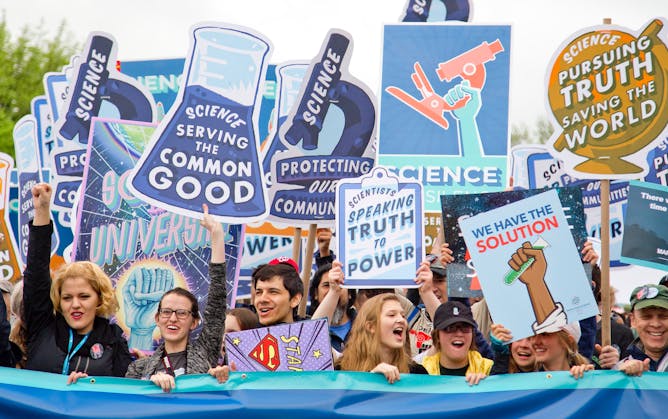
You can’t keep a good scientist down.
Vlad Tchompalov on Unsplash
Maggie Villiger, The Conversation
President Trump's first year was a rough one for scientists and others who value truth and expertise. Many rallied to the cause, while others used research to make the case for the value of science.
|
|
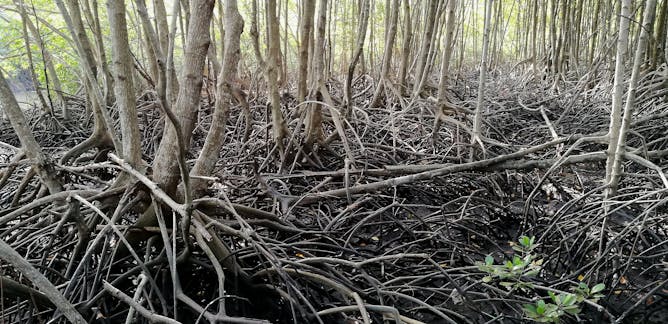
Benjamin F. Jones, Northwestern University; Mohammad Ahmadpoor, Northwestern University
A new study connects the dots between published science and patented innovations, mapping just how society benefits from basic scientific research.
| |
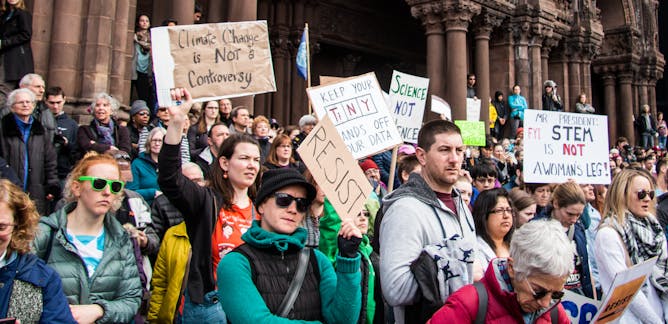
Emily Vraga, George Mason University
The research community tends to assume advocacy doesn't mix with objectivity. One study suggests there's room for scientists to make real-world recommendations without compromising their trusted status.
|

Leah Ceccarelli, University of Washington
If you've only ever paired the idea of 'rhetoric' with 'empty,' think again. Rhetoricians of science have concrete techniques to share with researchers to help them communicate their scientific work.
| |

Christopher Keane, Washington State University
Research dollars don't stay locked up in academia and government labs. R&D collaborations with the private sector are common – and grow the innovation economy.
|
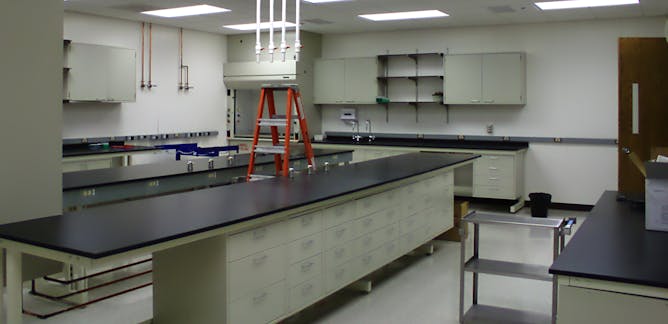
Bruce Weinberg, The Ohio State University
What are research dollars actually spent on? Rather than looking at artifacts like publications and patents, a new initiative directly tracks the people and businesses that receive research funding.
| |
|
|
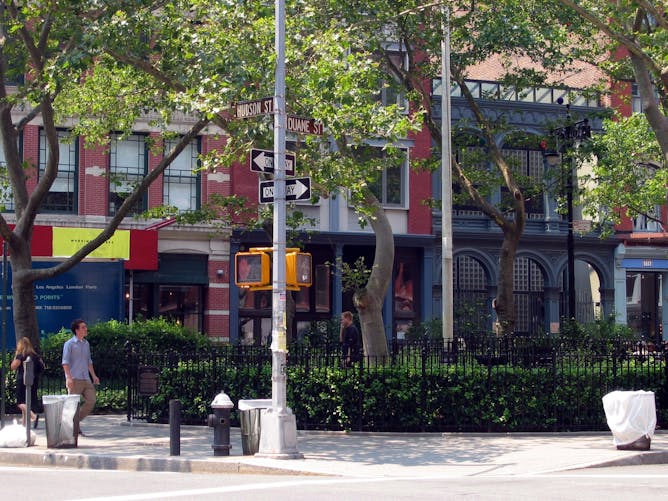
Even pocket parks in cities (Duane Park in Lower Manhattan, pictured here) can shelter wildlife. Read below for ideas about urban biodiversity and other green innovations.
Aude
Jennifer Weeks, The Conversation
Trump administration rollbacks dominated news about the environment in 2017 – but beyond Washington D.C., many researchers are developing innovative visions for a greener future.
|
|
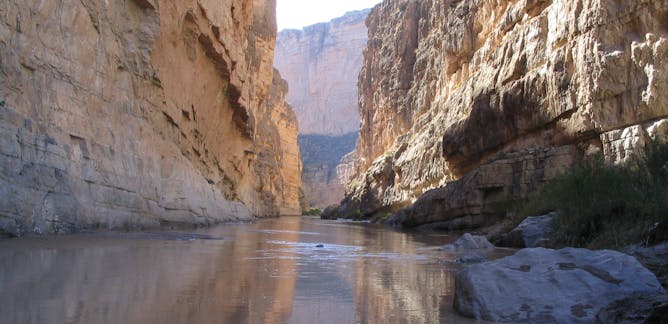
Gabriel Diaz Montemayor, University of Texas at Austin
Instead of building a wall on the US-Mexico border, a landscape architect calls for restoring the Rio Grande and turning its course into an international park – an idea first proposed in the 1930s.
| |

Deepak Kumar, University of Illinois at Urbana-Champaign; Stephen P. Long, University of Illinois at Urbana-Champaign; Vijay Singh, University of Illinois at Urbana-Champaign
Scientists have engineered sugarcane to increase its oil content and are developing renewable jet aircraft fuel from the oil. The engineered sugarcane could become a valuable energy crop.
|
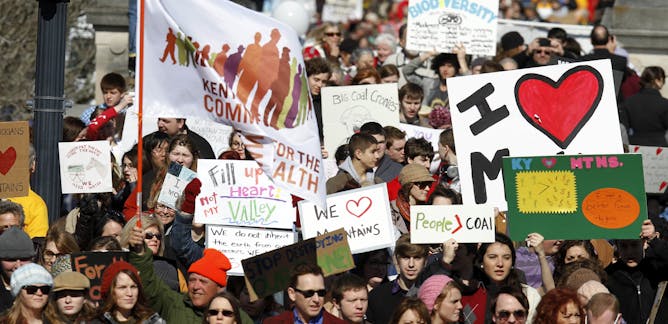
Nicholas F. Stump, West Virginia University
Are all people entitled to live in a clean and healthy environment? A legal scholar says yes, and argues for using this principle to address damage from polluting industries in Appalachia.
| |

William Moomaw, Tufts University; Asaf Tzachor, UCL
Marine microalgae are full of nutrients and can be raised indoors using much less land and water than meat or even plants. Could algae-based foods replace meat, eggs and milk on our tables?
|
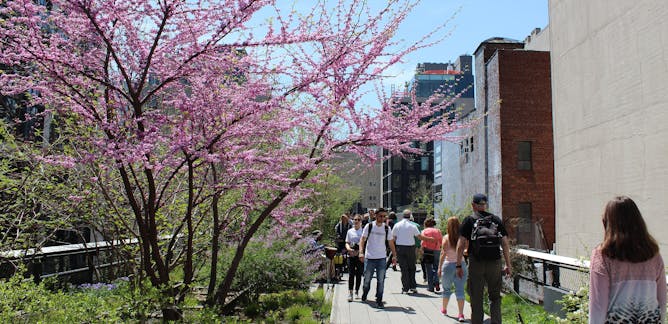
Christopher Swan, University of Maryland, Baltimore County
In an urbanizing world, people increasingly are seeking out nature in cities. Research shows that diverse species of animals, plants and insects can thrive in areas that humans have altered.
| |
|
|